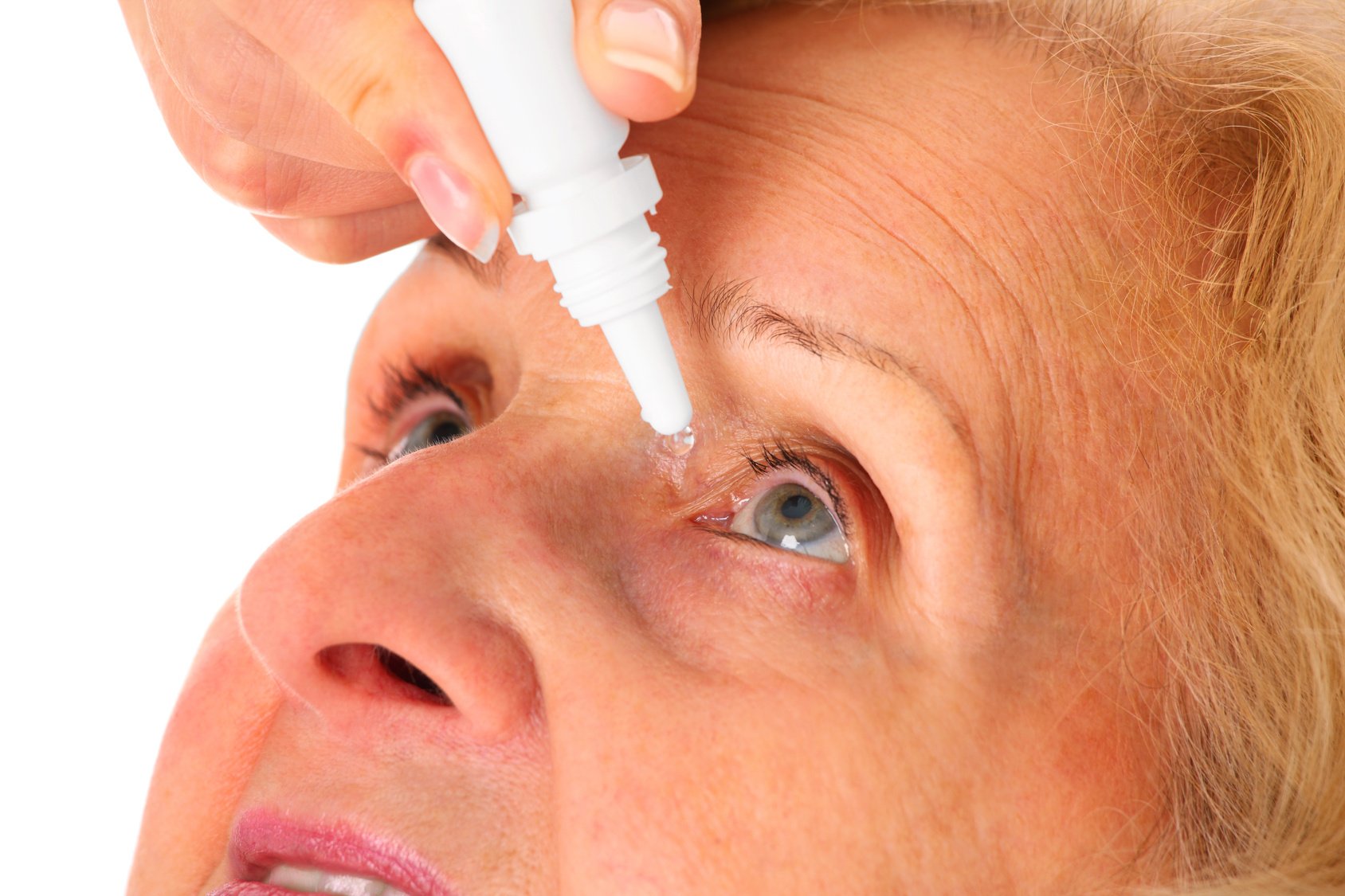All Categories
Featured

While these developments have improved convenience and connectivity, they have actually also introduced an usual concern: electronic eye stress. Symptoms like blurry vision, headaches, completely dry eyes, and neck pain can result from prolonged display usage.
Adhere To the 20-20-20 Regulation. One of the easiest and most reliable means to decrease digital eye pressure is by taking on the 20-20-20 guideline. This offers your eye muscle mass a chance to kick back and prevents prolonged anxiety from focusing on a close-by display.

Enhance Your Display Arrangement. The placement of your screen plays a considerable role in decreasing eye pressure. Setting your computer monitor about an arm's length far from your face, with the top of the display at or simply below eye level. This configuration ensures that your eyes normally look somewhat descending, minimizing stress and aiding you maintain proper stance.
In addition, readjust the brightness and comparison of your screen to match your environments. A screen that's also brilliant or also dark can force your eyes to function harder. Making use of a blue light filter or activating your gadget's "evening mode" can also decrease the extreme impacts of blue light on your eyes, especially at night.
Blink Regularly. When looking at displays, individuals often tend to blink less often, which can lead to dry, aggravated eyes. Make a mindful initiative to blink regularly while utilizing digital gadgets. If you still experience dryness, think about using lubricating eye declines or synthetic tears to maintain your eyes comfortable.
Take Breaks and Walk Around. Prolonged screen usage doesn't simply influence your eyes-- it also influences your neck, shoulders, and back. Taking regular breaks to stand, stretch, and move can relieve physical discomfort and decrease general fatigue. Short breaks every half an hour or two can make a big distinction.
Limit Display Time. Whenever possible, restriction unneeded display time, particularly before going to bed. Heaven light from electronic devices can interrupt your sleep cycle by reducing melatonin production. To secure both your vision and sleep quality, prevent displays for at the very least an hour prior to going to bed.
Remain Hydrated and Use Appropriate Illumination. Dry eyes can also result from dehydration, so consume alcohol lots of water throughout the day to stay hydrated. Additionally, guarantee your office is well-lit but devoid of glow. Avoid placing your screen in straight sunlight or under harsh synthetic lights that review the screen.
Buy Computer System Glasses. If you spend lengthy hours before a screen, think about purchasing blue light-blocking or computer glasses. These specialized lenses reduce glow, filter blue light, and optimize emphasis, making display time much more comfy for your eyes. Get in touch with an eye treatment expert to figure out if these glasses are ideal for you.
Don't Skip Regular Eye Tests. Routine eye tests are important, specifically if you make use of electronic tools regularly. An optometrist can evaluate your vision, determine possible concerns, and advise customized solutions to protect your eyes. They can also recommend computer glasses or suggest various other techniques for decreasing digital eye stress.
Final thought. By applying straightforward strategies like the 20-20-20 regulation, enhancing your screen setup, and taking routine breaks, you can secure your vision and preserve eye health and wellness. Make these routines part of your day-to-day routine, and do not forget to focus on normal eye examinations to keep your eyes in leading problem.
Latest Posts
Find Cost-Effective Auto Repairs with Montclare’s Limited-Time Service Specials
Learn About Leading Vehicle Maintenance Services in Chicago – Drive with Confidence
Don’t Miss Special Auto Repair Deals in Chicago at Montclare Auto Repair
More
Latest Posts
Find Cost-Effective Auto Repairs with Montclare’s Limited-Time Service Specials
Learn About Leading Vehicle Maintenance Services in Chicago – Drive with Confidence
Don’t Miss Special Auto Repair Deals in Chicago at Montclare Auto Repair